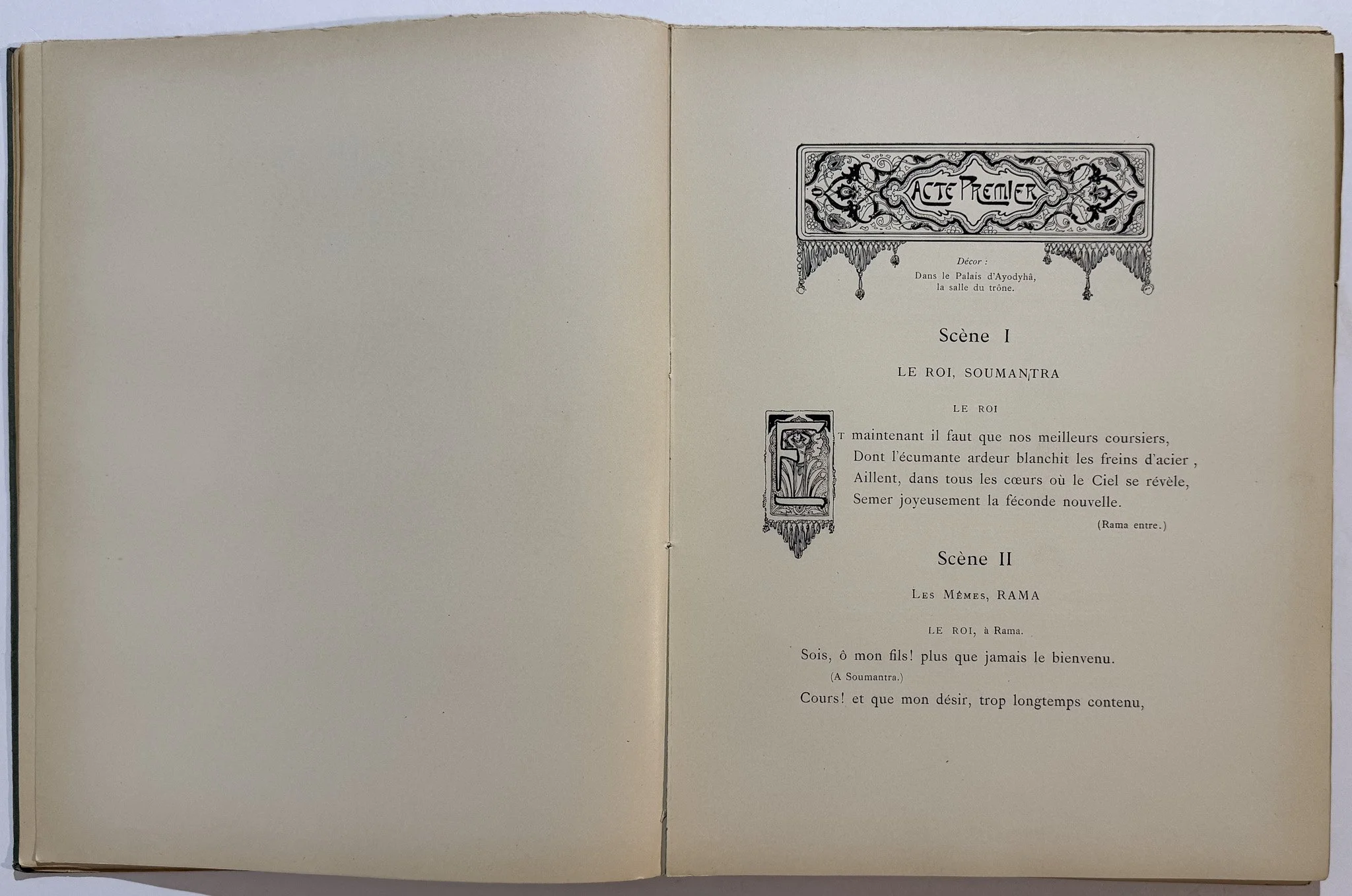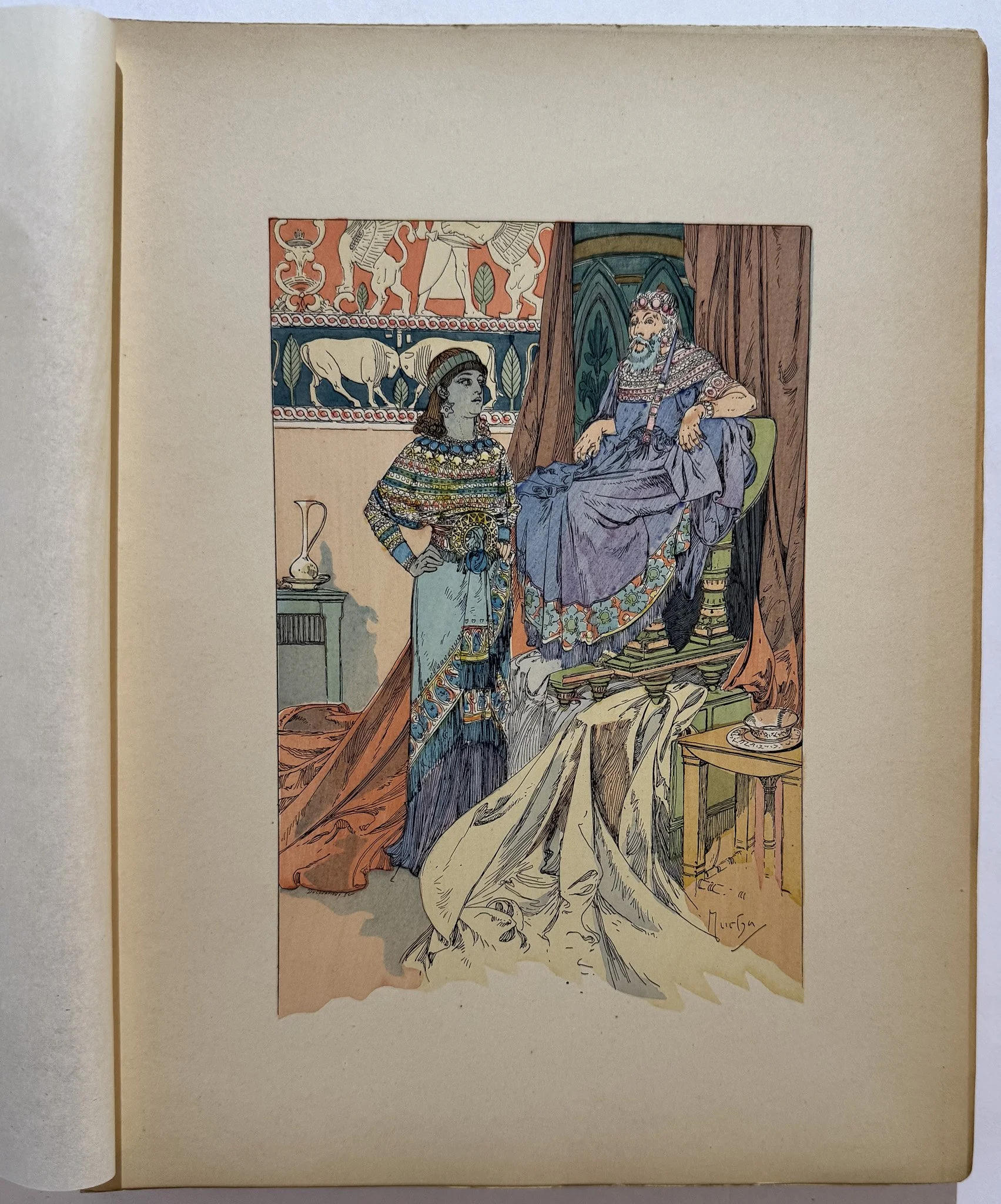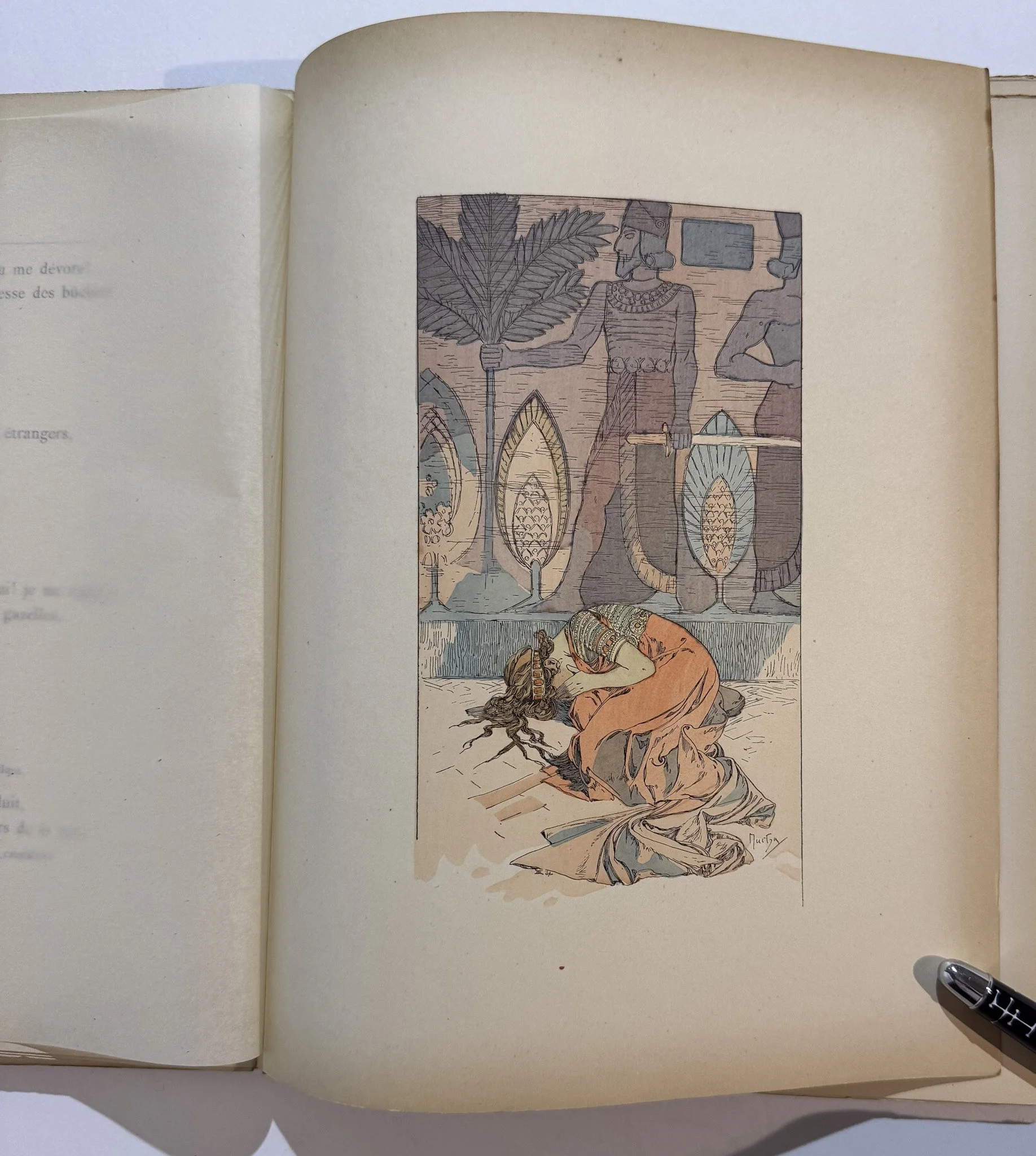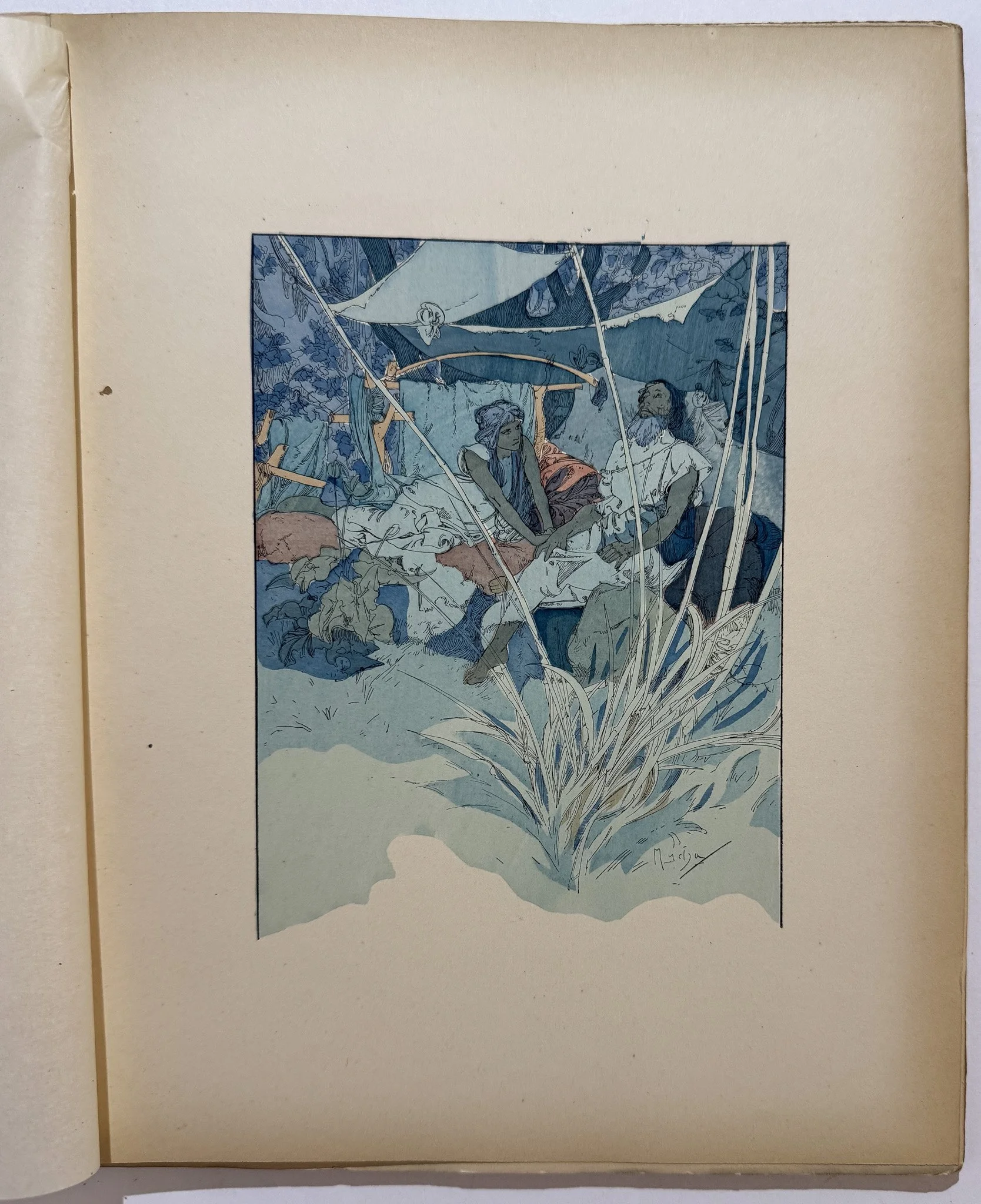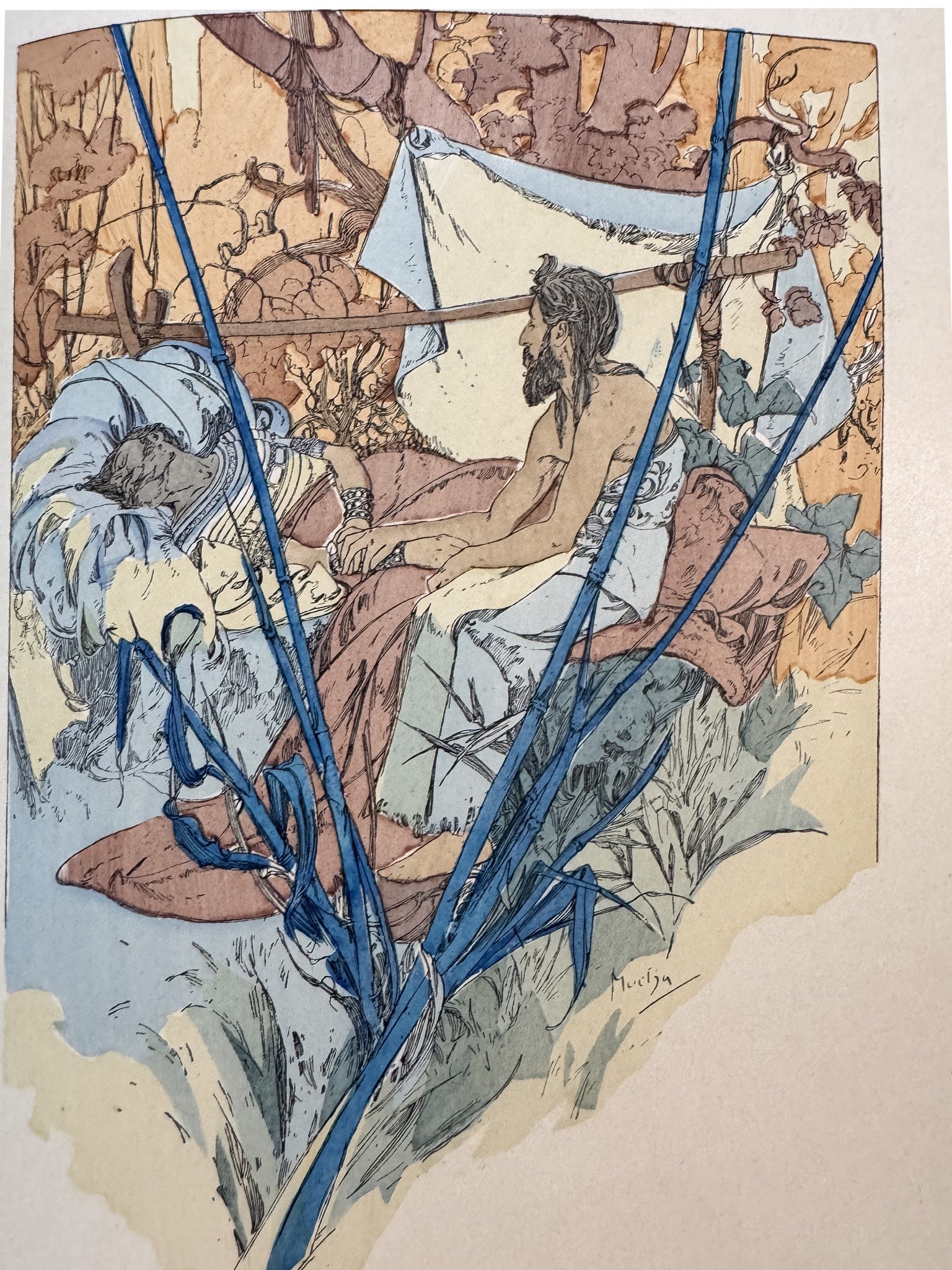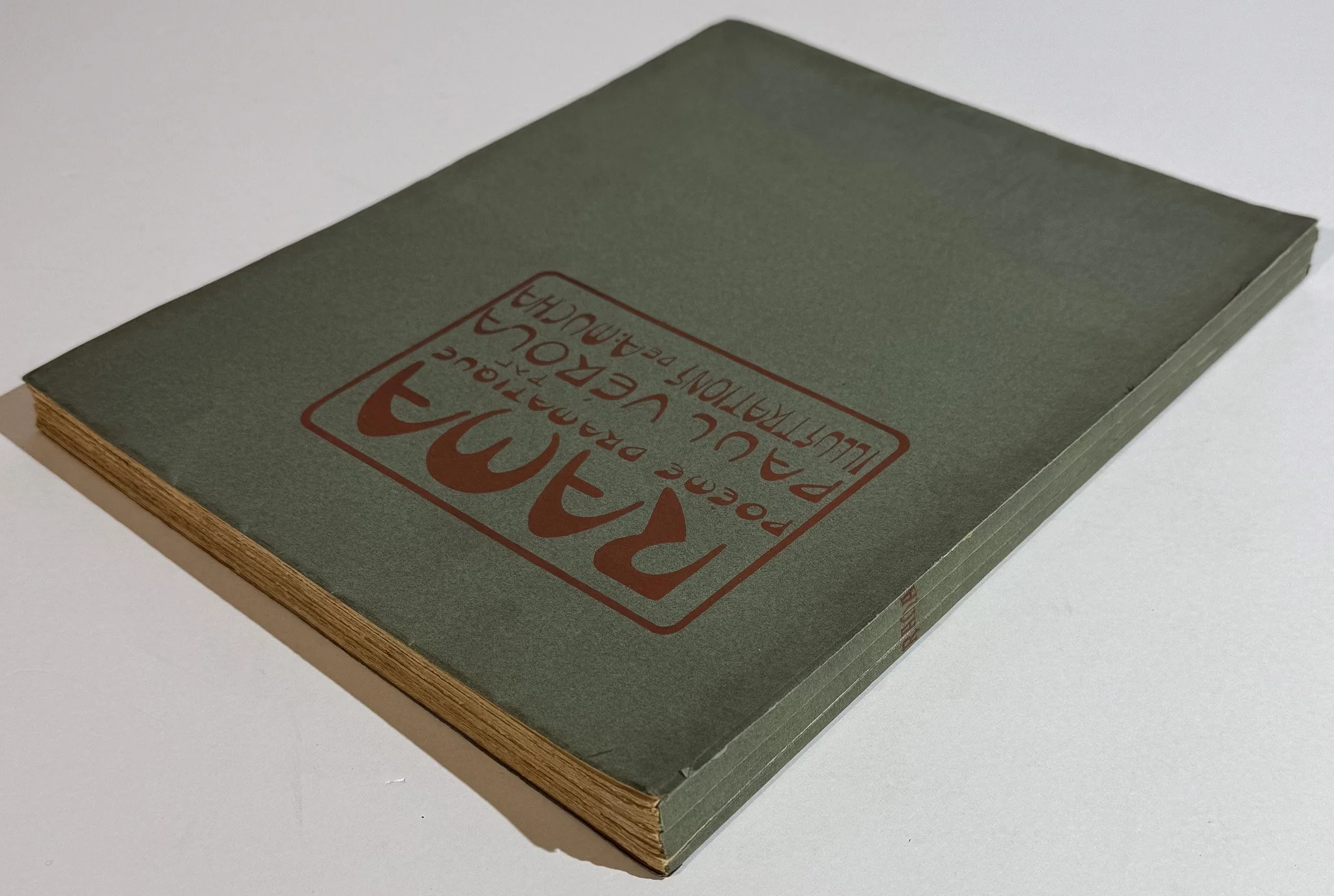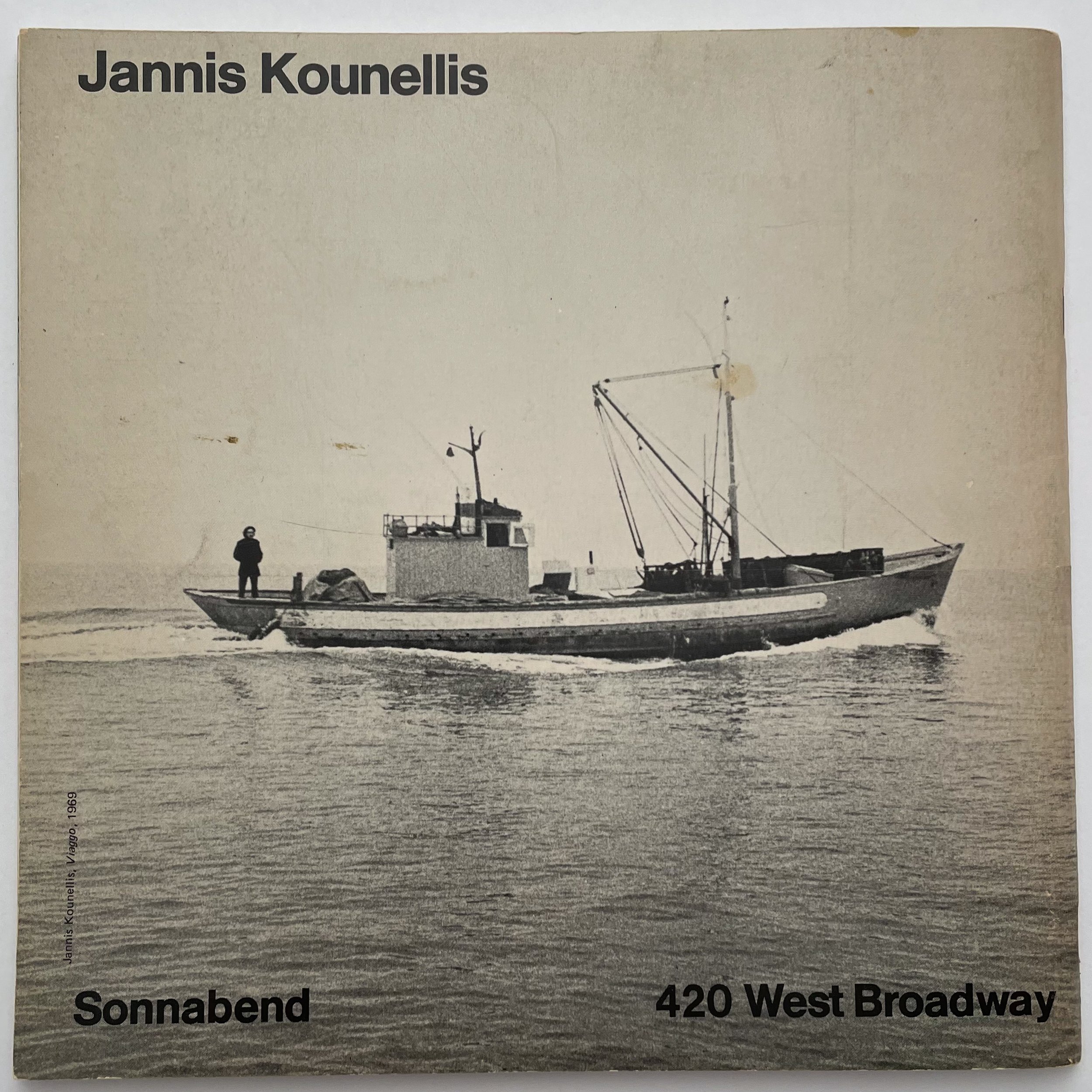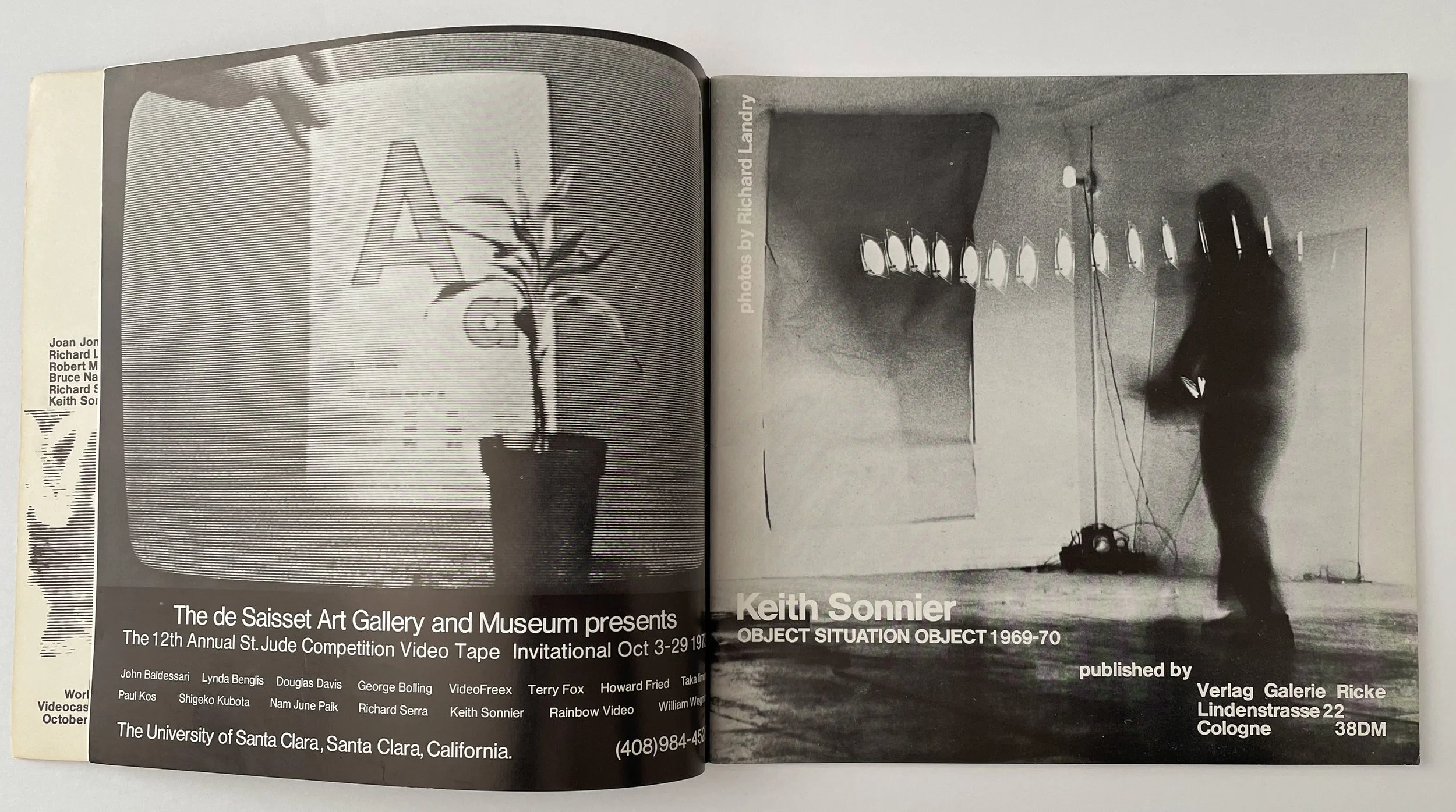 Image 1 of 11
Image 1 of 11

 Image 2 of 11
Image 2 of 11

 Image 3 of 11
Image 3 of 11

 Image 4 of 11
Image 4 of 11

 Image 5 of 11
Image 5 of 11

 Image 6 of 11
Image 6 of 11

 Image 7 of 11
Image 7 of 11

 Image 8 of 11
Image 8 of 11

 Image 9 of 11
Image 9 of 11

 Image 10 of 11
Image 10 of 11

 Image 11 of 11
Image 11 of 11












Richard Lippold In-House Portfolio
Hand-assembled in-house portfolio by renowned American sculptor Richard Lippold (1915-2002), known for his site-specific geometric constructions using wire as a medium, and for his ability to work in harmony with modernist architecture. His body of work includes a long list of public commissions, both indoor and outdoor. Four of his most famous works were installed in New York City: The Sun (1953-56) at the Metropolitan Museum of Art; Seagram Building Construction No. 1 (1959) at the Four Seasons Restaurant; Orpheus and Apollo (1962) at Avery Fischer Hall; and Flight (1963) in what was at the time the Pan Am Building. The portfolio consists of 37 color or black-and-white photographs of sculptures , mostly in situ, on glossy photo paper; 3 illustrations of renderings on matte paper; and 2 two-dimensional schematics for hanging wire sculptures on glossy paper. In addition, there is a fold-out, 4-page spread with Lippold’s CV and a listing of representative commissions largely corresponding to what’s in the portfolio, plus a page of accolades at the end. The accolades include one from Philip Johnson, who commissioned the Seagram Building project (Lippold is THE architectural sculptor); one from Walter Gropius, who worked with Lippold on Flight and an early sculpture at Harvard (All my life I have tried to cooperate with painters and sculptors to create works to be at one with buildings; Lippold is the only one whose work comes to one with our buildings. The only one!) and NY Times critic John Canaday (He is as important in his generation of sculptors as Calder is in his). Pictured works in the portfolio include World Tree (1950) at the Harvard Graduate Center; Radiant I (1959) at the Inland Steel Building in Chicago; the Four Seasons sculpture, photograph plus schematic; Homage to Our Age (1960) at the J. Walter Thompson Co.; Orpheus and Apollo; Flight; Baldacchino (1970) at St. Mary’s Cathedral in San Francisco; Flora Raris (1975) at the Hyatt Regency; Encounter (1974) at the Fairlane Town Center in Dearborn, MI; Ad Astra (1976) at the Smithsonian National Air and Space Museum; Homage to King Faisal (1975) in Riyadh, Saudi Arabia; In Skyspace (1977) at Kish Island, Iran; and SunTree (1982) at a Shinto Shrine in Kyoto, Japan. A number of the images correspond to ones used by the Lippold Foundation as illustrations on their website. Several are credited elsewhere to John D. Schiff. 4to, 22 plastic sheets with images separated by black paper, housed in a plastic ring binder with RIchard Lippold and Lippold embossed in gold on the cover and the spine respectively. Created circa 1982, as that is the year of the last sculpture shown. Unpublished and scarce. Minor bumping and rubbing to portfolio; content NF.
Hand-assembled in-house portfolio by renowned American sculptor Richard Lippold (1915-2002), known for his site-specific geometric constructions using wire as a medium, and for his ability to work in harmony with modernist architecture. His body of work includes a long list of public commissions, both indoor and outdoor. Four of his most famous works were installed in New York City: The Sun (1953-56) at the Metropolitan Museum of Art; Seagram Building Construction No. 1 (1959) at the Four Seasons Restaurant; Orpheus and Apollo (1962) at Avery Fischer Hall; and Flight (1963) in what was at the time the Pan Am Building. The portfolio consists of 37 color or black-and-white photographs of sculptures , mostly in situ, on glossy photo paper; 3 illustrations of renderings on matte paper; and 2 two-dimensional schematics for hanging wire sculptures on glossy paper. In addition, there is a fold-out, 4-page spread with Lippold’s CV and a listing of representative commissions largely corresponding to what’s in the portfolio, plus a page of accolades at the end. The accolades include one from Philip Johnson, who commissioned the Seagram Building project (Lippold is THE architectural sculptor); one from Walter Gropius, who worked with Lippold on Flight and an early sculpture at Harvard (All my life I have tried to cooperate with painters and sculptors to create works to be at one with buildings; Lippold is the only one whose work comes to one with our buildings. The only one!) and NY Times critic John Canaday (He is as important in his generation of sculptors as Calder is in his). Pictured works in the portfolio include World Tree (1950) at the Harvard Graduate Center; Radiant I (1959) at the Inland Steel Building in Chicago; the Four Seasons sculpture, photograph plus schematic; Homage to Our Age (1960) at the J. Walter Thompson Co.; Orpheus and Apollo; Flight; Baldacchino (1970) at St. Mary’s Cathedral in San Francisco; Flora Raris (1975) at the Hyatt Regency; Encounter (1974) at the Fairlane Town Center in Dearborn, MI; Ad Astra (1976) at the Smithsonian National Air and Space Museum; Homage to King Faisal (1975) in Riyadh, Saudi Arabia; In Skyspace (1977) at Kish Island, Iran; and SunTree (1982) at a Shinto Shrine in Kyoto, Japan. A number of the images correspond to ones used by the Lippold Foundation as illustrations on their website. Several are credited elsewhere to John D. Schiff. 4to, 22 plastic sheets with images separated by black paper, housed in a plastic ring binder with RIchard Lippold and Lippold embossed in gold on the cover and the spine respectively. Created circa 1982, as that is the year of the last sculpture shown. Unpublished and scarce. Minor bumping and rubbing to portfolio; content NF.










![[1st ed] Rama: Poeme Dramatique en Trois Actes (Inscribed by author; illustrated by Alphonse Mucha)](https://images.squarespace-cdn.com/content/v1/61dc97a529892d0e352a9423/62518556-7236-4e1c-be19-10b7b3832aa6/Rama+lead.jpg)


